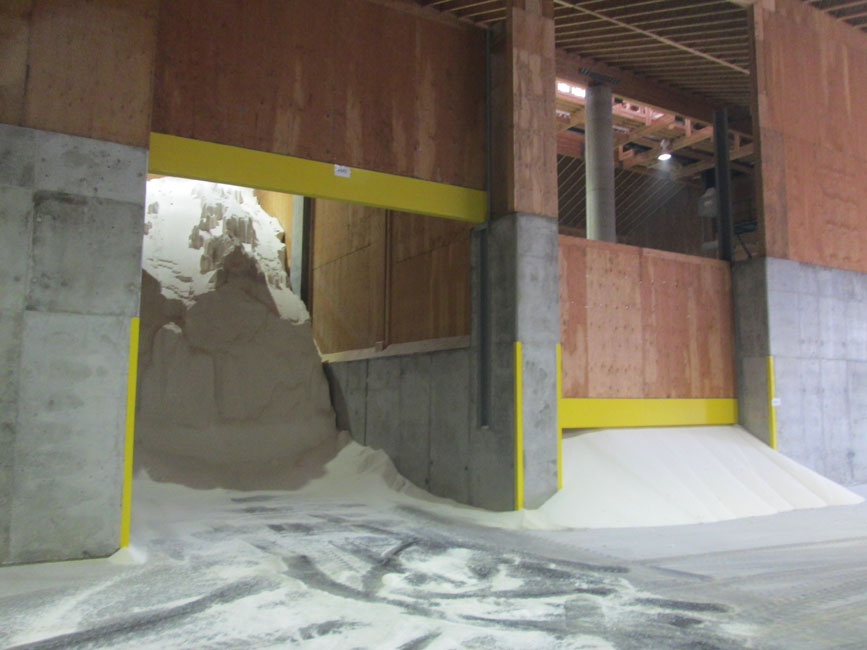Mn Gambling Permit Application
- Mn Gambling Permit Application Status
- Mn Gambling Permit Application Search
- Mn Gambling Permit Application
- Applying for a license or permit? To conduct lawful gambling in Minnesota, your organization must apply for and receive either an organization license, exempt permit, or excluded permit. Organization license: An organization license is obtained for the conduct of ongoing gambling activities. Application and information for an organization license ›.
- MINNESOTA LAWFUL GAMBLING. LG220 Application for Exempt Permit. An exempt permit may be issued to a nonprofit Application Fee (non-refundable) 11/17 Page 1 of 2 organization that: Applications are processed in the order received. If the application. conducts lawful gambling on five or fewer days, and is postmarked or received 30 days or more before the event, the. awards less than $50,000 In prizes during a calendar application fee is $100; otherwise the fee is $150.
Some permits, such as residential electrical, plumbing, mechanical, building re-siding, re-roofing and window replacements can be issued at the time of application. Other residential permit applications take up to five working days to process. Applications for permits should be submitted well in advance of the scheduled starting date.
Online permitting is now available for certain residential permits. In addition, online payment is also available for all permits.
Mn Gambling Permit Application Status
The city helps ensure the construction of safe building and protects community character through zoning and building code regulations. The Building Inspection Division administers these regulations through permits and inspections.
Permits
Building and related permits ensure that projects will be constructed according to nationally recognized standards. The standards are designed to protect buildings from collapse and fire, and to ensure the safety of all building occupants. Review of permit applications also ensures that projects meet zoning requirements, such as yard coverage, setbacks and building height.
Some permits, such as residential electrical, plumbing, mechanical, building re-siding, re-roofing and window replacements can be issued at the time of application. Other residential permit applications take up to five working days to process. Applications for permits should be submitted well in advance of the scheduled starting date. This will allow time for city staff to offer assistance through the process and issue permit at the start of the project. This is especially true during the summer construction season.
Call before you dig: Gopher State One Call (www.gopherstateonecall.org)

Types of Permits
- Building – Residential
- Fire Protection
Information required for permits can vary by project. Handouts and checklists describing the required information are available at City Hall.
Mn Gambling Permit Application Search
Building Permits for New Construction & Additions
A plot plan based on a current survey of the property and detailed project construction plans, which are drawn to scale, are required for permits for new construction and additions. In many cases, homeowners may prepare their own plans. However, the building and inspection staff may decide that it is necessary to require an architect or engineer to prepare plans to ensure accuracy and legibility. It is important to allow sufficient time for plan preparation.
When filing an application, include two identical sets of plans. Building and inspection staff will confirm that the materials are prepared correctly. They will also let you know if more information is needed.
Mn Gambling Permit Application
Inspections
Various inspections are required for all permits. An inspection record card will be issued to identify the required inspections for each project. Inspection record cards must remain available on the site until final inspection approval. These cards contain important information about the job and are used to record the inspections performed.
City inspectors will inspect a project several times during the course of construction for things such as footings, framing, insulation, rough-in and final electrical, plumbing, mechanical work and final inspection.